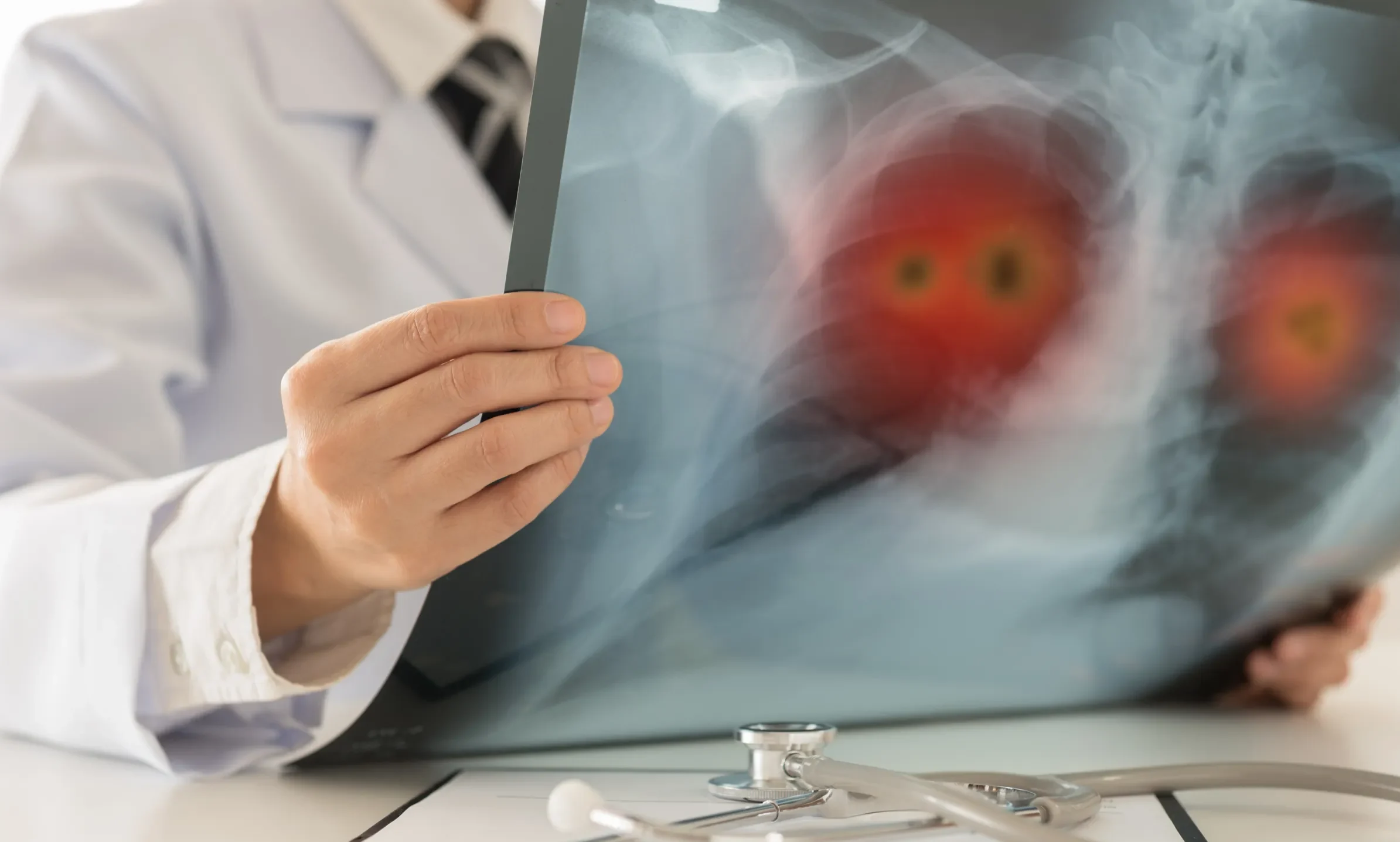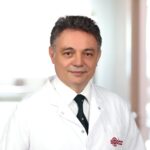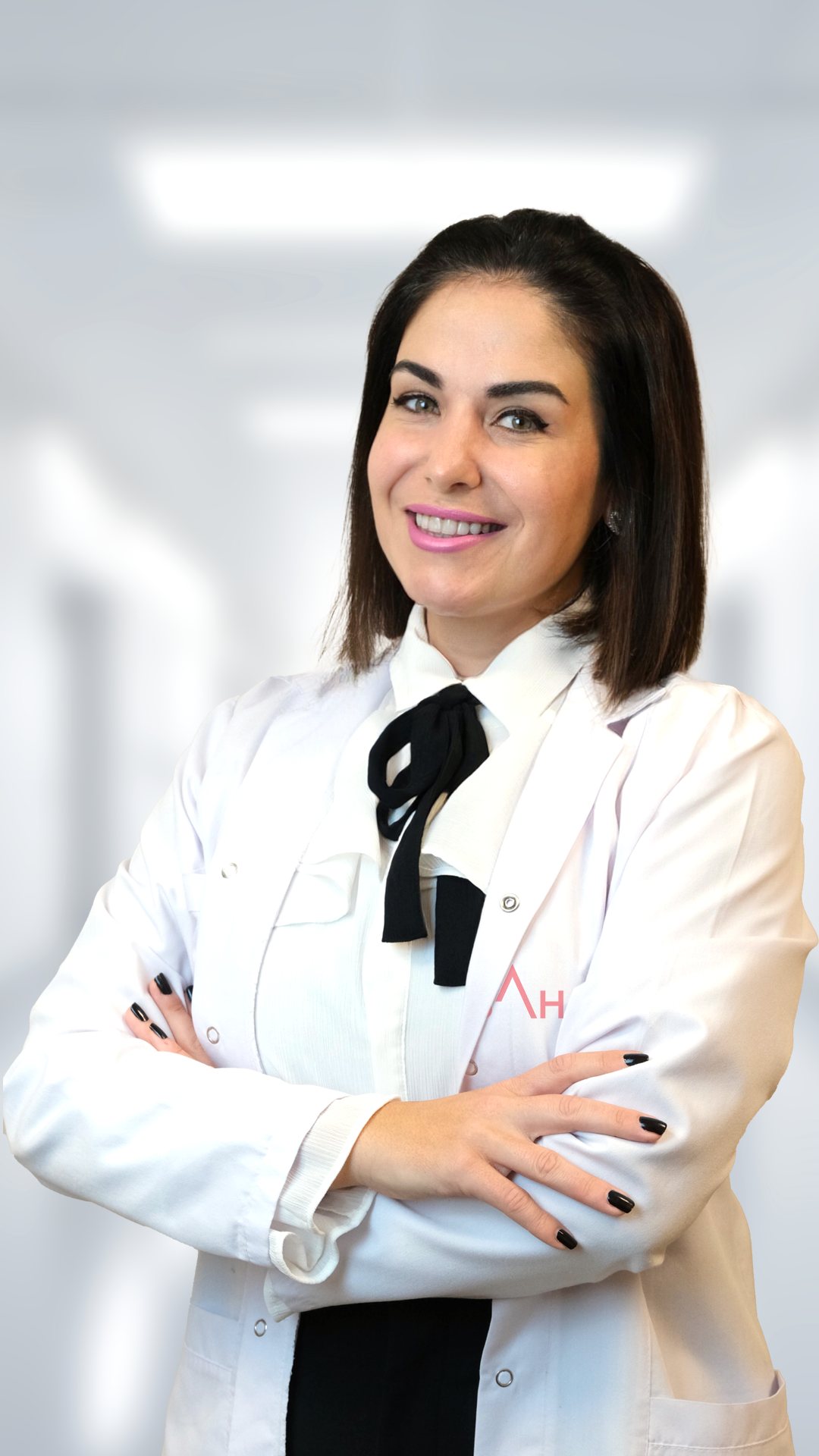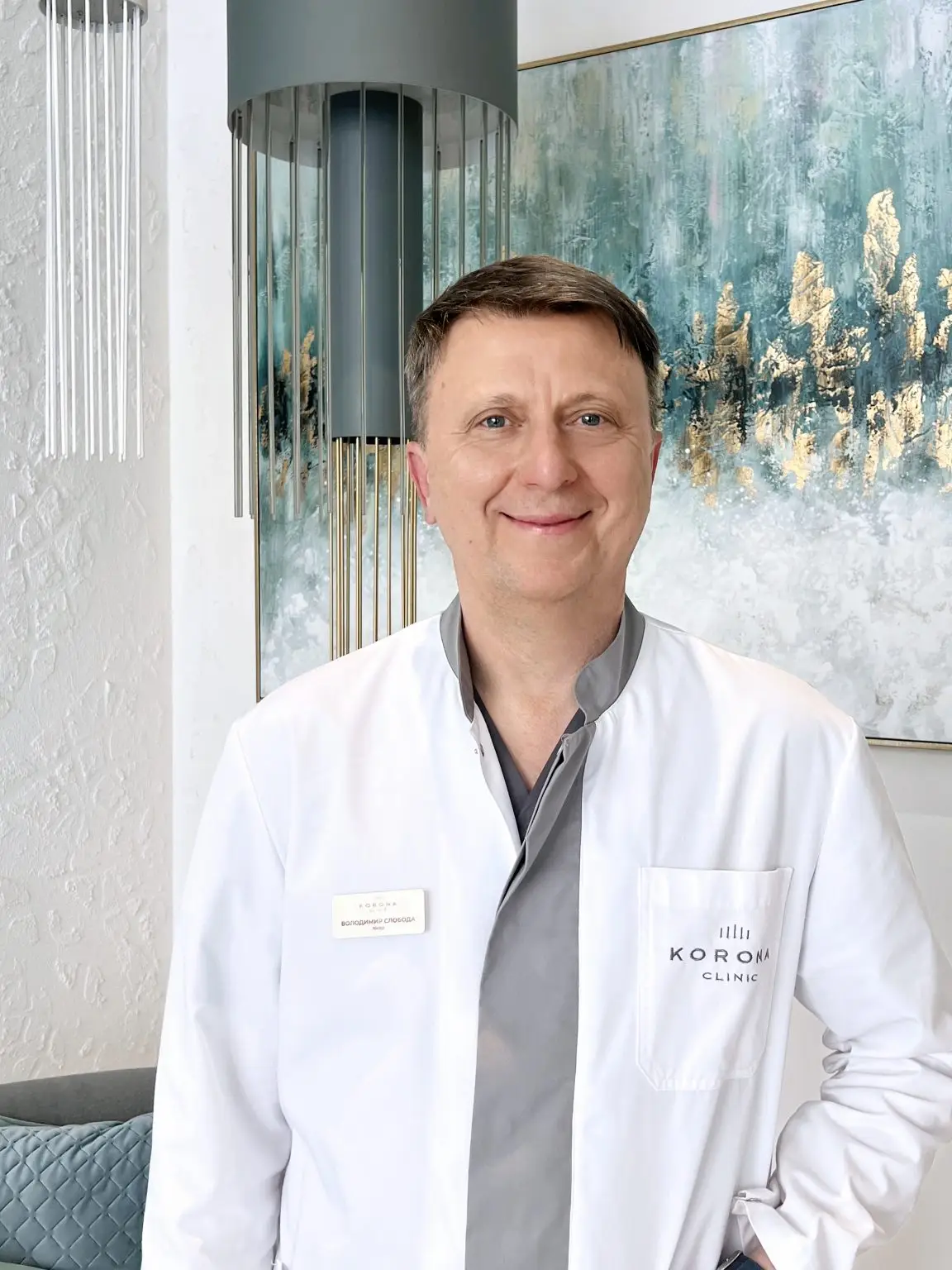-
 News
According to a WHO report, one in six people worldwide suffers from loneliness
News
According to a WHO report, one in six people worldwide suffers from loneliness
-
 News
Australia launches national lung cancer screening program: a new approach to cancer prevention among high-risk patients
News
Australia launches national lung cancer screening program: a new approach to cancer prevention among high-risk patients
-
 News
In stressful situations, people make riskier decisions
News
In stressful situations, people make riskier decisions
-
 News
Stem cell transplantation can completely cure people with severe diabetes
News
Stem cell transplantation can completely cure people with severe diabetes
-
 News
Updated COVID-19 vaccines have been shown to be effective against severe forms of the disease
News
Updated COVID-19 vaccines have been shown to be effective against severe forms of the disease
All news
Polycystic Ovary treatment
Polycystic ovary syndrome — one of the most common diseases among women of reproductive age.
- Prevalence — 5-10% among women and girls,
- 70% remain undetected,
- It’s the leading cause of female infertility,
- Every tenth woman suffers from polycystic ovary disease.
Diagnostics: gynecological examination, ultrasound of pelvic organs, laboratory tests, consultations of an endocrinologist, dermatologist.
Treatment: lifestyle changes, symptomatic and hormonal therapy, surgery.
MedTour patients recommend clinics for the treatment of polycystic ovary:
Doctors for the treatment of polycystic ovary
Patient reviews
I had in vitro fertilization in this center. They did it well. I am really happy to be able to have a kid now! Thanks to MedTour for organizing the whole treatment! It was even not that expensive as I thought.
Frequently Asked Questions
Polycystic ovary syndrome (POS) — a chronic endocrine gynecological disorder of unknown origin, but with genetic and environmental components.
Characterized by formation of cysts, accompanies women throughout their lives and is characterized by an undulating course. The phases of activity with an increase in complaints are replaced by periods of attenuation of symptoms.
POS is considered a hereditary disease. Intrauterine factors and influence of the external environment play a certain role in the development of this disease.
Also, polycystic ovary syndrome — an endocrine disease.
Normally, ovaries produce large amounts of female sex hormones (estrogens) and small amounts of male sex hormones (androgens), which are converted over time into estrogens. In POS the situation is opposite: increased formation of androgens and estrogens is reduced. Androgens, never turning into female sex hormones, enter the bloodstream and affect hair follicles, sebaceous and mammary glands, genitals, muscle tissue, larynx and vocal cords.
The ovaries contain follicles in which ovules mature. At ovulation, these follicles are destroyed and release ovums. In POS, gonads produce a disproportionate amount of follicles that cannot mature and release eggs, leading to cysts and no ovulation.
Clinical manifestations differ, in each case, certain symptoms prevail. Complaints can change with age.
- The absence or irregular menstruation. Pathology considered:
- Cycle length<21 or > 45 days for 1–3 years after onset of menses,
- ≤ 8 menstrual cycles in 1 year within 3 years after menstruation and before menopause,
- Hirsutism — hair growth on face, around nipples, on back and thighs,
- Oily skin, acne,
- Alopecia — baldness of scalp,
- Coarsening of voice,
- Obesity,
- Decreased body sensitivity to insulin, diabetes mellitus (type 2),
- Mental disorders — stress, aggression,
- Infertility.
General:
- Increased cholesterol levels, which can lead to atherosclerosis (70%),
- Obesity (30-70%); sleep apnea — respiratory arrest (30-40%),
- Insulin resistance and type 2 diabetes mellitus (20-40%).
Gynecological:
- Endometrial cancer (risk increases 3 times),
- Infertility,
- Early spontaneous abortion (30-50%).
You should urgently consult a gynecologist if:
- There is any violation in menstrual cycle,
- Notice unwarranted appearance of excess weight in a short period,
- There is an excess of hair growth on face or body,
- No pregnancy at a regular sexual life without contraception for 1 year.
The doctor conducts a comprehensive examination:
- Gynecological examination for: assessing the menstrual cycle, identifying its violations, studying hair growth and structure of external genital organs,
- Pelvic ultrasound with assessment of ovaries and ovulation size,
- Laboratory tests: general and biochemical blood tests, hormonal spectrum and blood glucose levels.
In obesity or suspected diabetes should consult an endocrinologist.
Three symptoms are critical to diagnosing POS. If there are at least two of the three criteria, polycystic ovary disease is diagnosed:
- Irregular or absent menstruation, and infrequent or no ovulation,
- Increased levels of male hormones in blood, as indicated by excessive facial and body hair growth, alopecia, acne, and male obesity,
- On ultrasound, ovaries are enlarged and have ≥12 cysts, 2-9 mm in diameter.
POS — disease that can not be cured, but can be controlled to realize desired pregnancy and help reduce risk of complications.
The type of treatment given after diagnosis depends on the woman’s desire for children.
Treatment goals:
- Reduction in level of male hormones,
- Ovulation stimulation,
- Normalization of menstrual cycle and restoration of fertility,
- Correction of metabolic disorders (obesity, high glucose, cholesterol),
- Prevention of cardiovascular disease and diabetes.
Without correction of body weight, other types of therapy are ineffective.
Women who don’t plan pregnancy, hormonal contraceptives are prescribed. They help prevent unwanted pregnancies and reduce production of male hormones.
Removing unwanted hair is possible using oral contraceptives, shaving or laser hair removal. For acne treatment, antibiotic ointments and vitamin A are used. If there are signs of diabetes, recommended medications, which increase the sensitivity of cells to insulin. Against the background of their intake, menstrual function can recover on its own.
Therapy for women with conception problems are discussed below.
70-80% of women with POS have fertility problems. Irregular and infrequent ovulation cycle hinder the development of pregnancy.
Treatment of infertility in POS: (if first method is ineffective, use the second; in absence of results of second method, resort to the following):
- Stage 1 — ovulation stimulation drugs, correction of way of life and reduction of excess weight,
- Stage 2 — surgery — laparoscopic ovarian drilling. Creates pinholes in the thickened wall of ovary to facilitate the release of an egg during ovulation and increase chances of conception,
- Stage 3 — IVF (in vitro fertilization). Requires special training: decrease in body weight and testosterone levels, normalization of blood glucose.
Indications for IVF in POS:
- Ineffectiveness of ovulation stimulation and surgery,
- Presence of infertility in a partner,
- Age >38 years.
Pregnancy without treatment of polycystic ovaries is not recommended!
Losing weight relieves POS symptoms and increases pregnancy rates.
Exercise and dietary changes are recommended in the first phase of treatment. A low-calorie diet with fiber and low-glycemic carbohydrates makes sense.
Weight loss of 5-10% can improve cycle and reestablish fertility. This normalizes metabolism and absorption of sugar, which reduces risk of diabetes.
MedTour offers clinics for treatment with unique experience of doctors in identifying and managing patients with polycystic ovary disease in different age groups.
Medical centers use professional complex therapy based on international standards and interdisciplinary collaboration.
Published:
Updated:


Information on this webpage verified by the medical expert









Добрый день! Хочу оставить отзыв благодарности .
Дайнис Леонидович, я от чистого сердца благодарю Вас, за такую непростую в моем случае операцию, и то, как легко и быстро все прошло! Сегодня второй день после операции и я чувствую себя хорошо не только физически, но и психологически! Все прошло на столько комфортно, что я практически не переживала. В целом людям свойственно волноваться перед операцией, но с Вашей командой, анестезиологов, мед персонала я чувствовала что все под чутким контролем!! Я желаю всем здоровья!